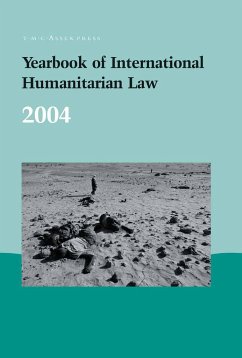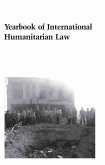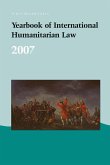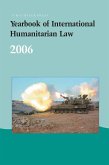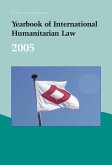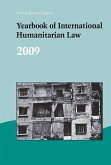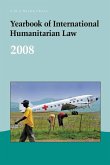After a wave of Palestinian terror attacks directed against Israeli civilians, in which 4 hundreds of them were murdered, Israel launched Operation 'Defensive Shield'. The operation was launched on 29 March 2002 in order to eradicate the Palestinian 5 terrorist infrastructure and prevent further terrorist attacks. In the context of this operation, on 3 April 2002 the Israel Defence Forces (IDF) entered the refugee 6 camp of Jenin, 'the capital of the suicide bombers', from which a terror infrastruc- 7 ture - unprecedented in scope - had perpetrated a large number of terror attacks. It soon became obvious that the Palestinian militants intended to defend the refugee 8 camp using every means they had. These conditions created a real dilemma for the IDF - which approach should be selected to fight the enemy, considering the - quired mission, the safety of the soldiers and the need to minimise injury to inno- 9 cent civilians? The planners of 'Defensive Shield' decided to use infantry forces that would progress through the camp in a gradual and cautious manner on a house-to-house 10 basis. The planners knew that there were other modes of military action that could have accomplished the mission more expediently and with minimal risk for 11 the soldiers' lives - such as the use of aircraft or artillery. However, these alt- natives were rejected because of the desire to minimise collateral damage among 12 the civilian population.

